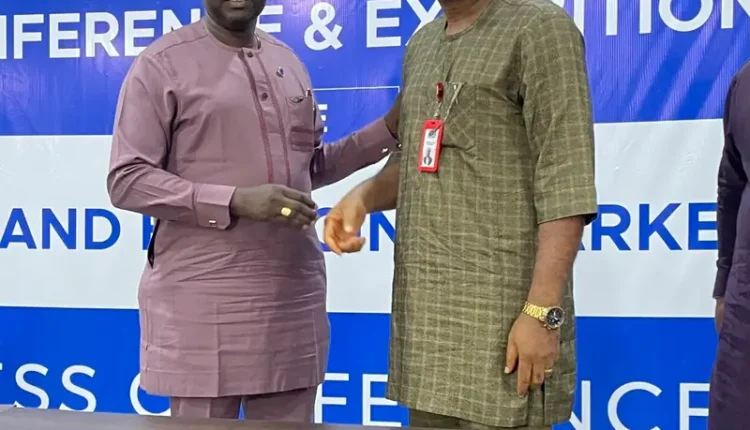The National Space Research and Development Agency (NASRDA) has urged African businesses to leverage the rapidly expanding space economy projected to hit 1 trillion dollars annually by 2030 to enhance their global fortunes.
Dr Matthew Adepoju, Director-General of NASRDA made the call on Friday in a news conference ahead that of the second edition of the Africa Space Economy Conference and Exhibition (ASEC 2025) in Abuja.
Expected to hold between June 17 and 19, in collaboration with Abuja Chamber of Commerce and Industry (ACCI), the conference would have its theme as “Space Economy and Emerging Markets in Africa.”
Adepoju said the global space economy was at the verge of exceeding 500 billion dollars annually, which he described was the fastest-growing economic sector in the world.
He also said the space sector presented immense opportunities for African businesses to innovate, invest and generate significant returns.
“This is the Fourth Industrial Revolution and Africa must not be left behind.
“It is time for us to take our rightful place at the forefront of global innovation, science and technology, with space technology being the pinnacle of human endeavour.
“The space economy is the fastest growing economic sector in the world and it is projected to hit one trillion dollars per annum. Currently it’s more than 500 billion dollars annually,” he said.
Adepoju said the conference would create the platform for interface among industry players, the academia and research institutions to support the Nigerian space ecosystem.
He lauded President Bola Tinubu for his visionary economic reforms and support for transformative sectors.
He said Tinubu had given a clear mandate to turn the Nigerian space agency into a revenue-generating platform for the country.
Adepoju said NASRDA, therefore, was committed to full commercialisation and industrialisation of space research.
He said the ASEC would serve as a dynamic platform where the academia, industry and research institutions would engage to chart pathways for the growth of the Nigeria’s space industry.
“The second edition of this conference will be a significant improvement on the first.
“We are already receiving confirmations from participants across the globe, including China, the United States, Europe and various African countries.
“This shows growing interest and belief in the African space sector,” he added.
He said part of the efforts being put in place to develop the ecosystem included the impending launch of four satellites, three optical and one Synthetic Aperture Radar (SAR) satellites.
According to him, the satellites will enhance national security, environmental monitoring and economic surveillance, particularly in the blue economy, oil and gas sector.
He said the space sector presented viable investment opportunities in satellite technology, data services, rocketry, and space-based applications.
He, therefore, urged private sector players in Africa to be key stakeholders in the emerging trillion-dollar industry.


